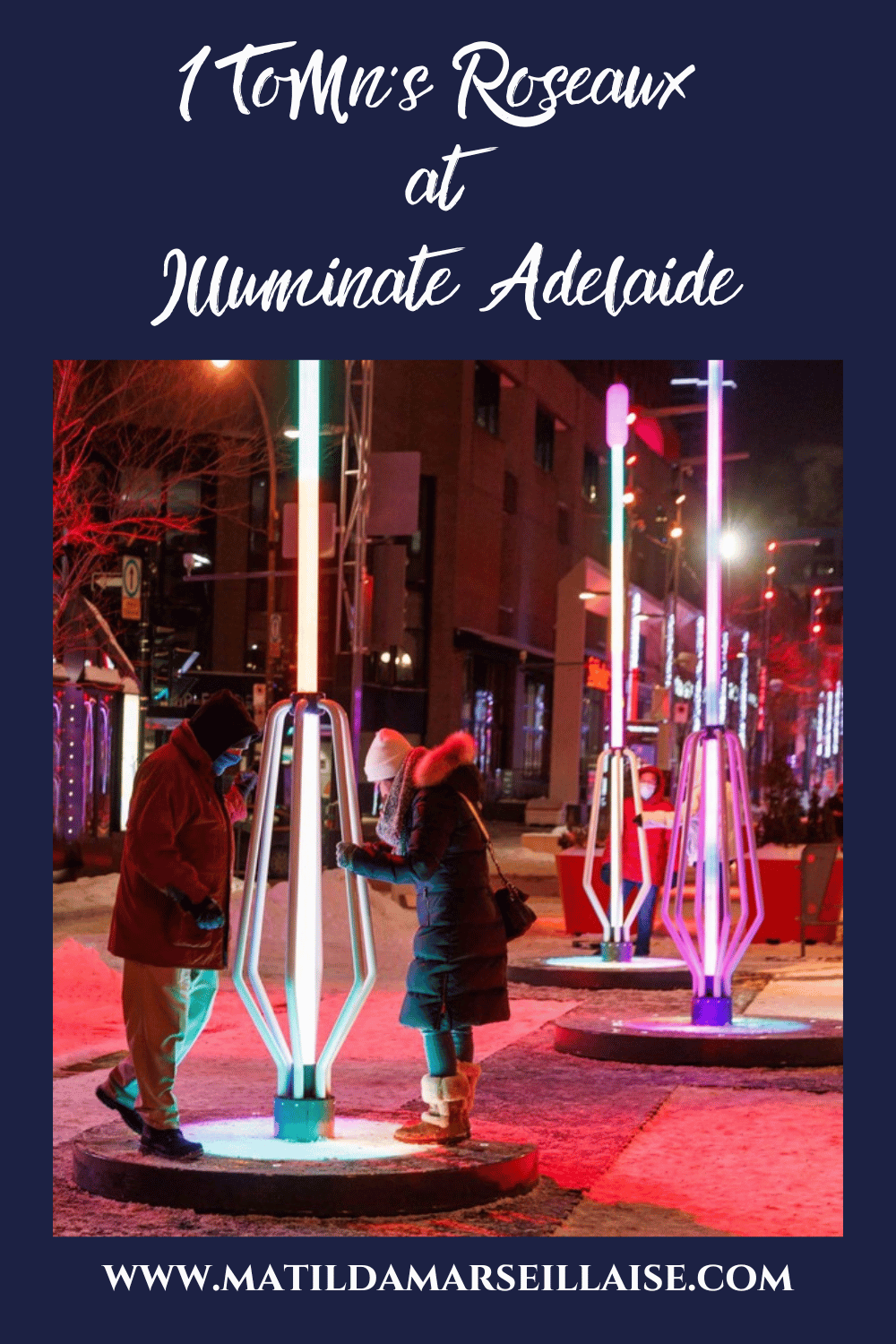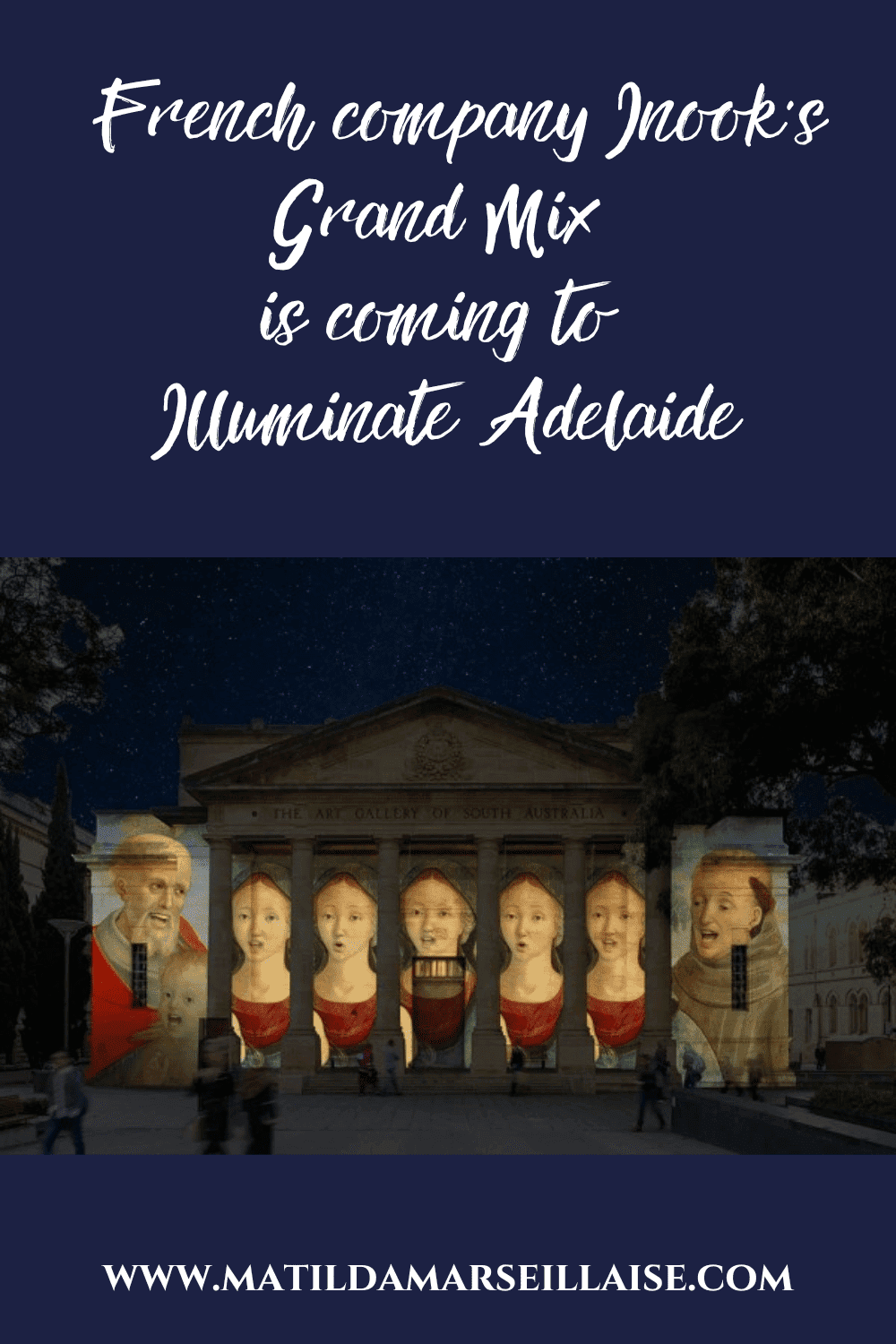Jonathon Hivernat, captain of the French Wheelchair Rugby team came to Adelaide last weekend for the Australian National Wheelchair Rugby Championships. As well as captaining the French wheelchair rugby team, Jonathon has also been a member of the French national wheelchair rugby league and wheelchair basketball teams.

We caught up with him after his matches on Sunday afternoon. Read our interview with him below.
Hi Jonathan, you’re in Adelaide for the Australian Wheelchair Rugby National Championships and you played for the Western Australian team this weekend. But normally, when you’re not in Australia, you’re the captain of the French team.
Yes, I came here as a player to strengthen the team, at least here in Australia.
And how long have you been playing rugby?
I’ve been playing wheelchair rugby for 14 years and 12 at the highest level with the French team.
And if it’s not too private to ask, have you always been in a wheelchair?
No, I have an illness that came along the way. In fact, when I was ten, I had a number of symptoms that were diagnosed as unusual. It wasn’t normal for me to have these symptoms. And in fact, three years after the tests, I was diagnosed.
So, I have a disease called Charcot-Marie-Tooth, which is a neuromuscular disease that degenerates over time. So it can progress and, as you can imagine, I was affected in the nerves in my spinal cord right to the ends of my body. And in fact, the information has a really hard time getting through, if at all. So, unfortunately, this disease only progresses in a bad way, so you can lose a lot of motor skills and so on.
Today, and since the age of 19, I find myself in a manual wheelchair in everyday life because I’ve lost the use of my legs and the sensitivity in my hands too.
Thank you for answering this because I know it might be difficult.
But there’s nothing to worry about. I’m very open and comfortable with it.
So, you’ve certainly done your best and you are the best, in fact, at what you do, with what you have.
Exactly. Yes, every day I say to myself that I’m lucky enough to be able to do extraordinary things that I love to do and that I love to share and give people lots of smiles and light-heartedness and love. And for me, it’s totally fulfilling in fact, as long as I can do it completely independently and whatever my situation, I’ll do it until my last breath.
Did you play rugby before you were in a wheelchair?
Yes, I did a bit, so I was in good health and, for a while, I turned to individual sport because I wanted to prove to myself that I could do it, but it wasn’t really me.
And in fact it was a really unexpected encounter that came about in my rehabilitation centre where I was learning about the daily life in a wheelchair. The Toulouse Wheelchair Rugby team came to offer me an introductory demonstration of this discipline and, in fact, it was already a team sport, so I was able to retrace everything that I loved about sport and that I prefer team sports, and at the same time combine two things: the fact that it was a sport that adapted to me and also a sport that is unique, spectacular, engaging and that requires you to push yourself incredibly hard. Because it’s true that it’s quite a spectacular sport.

That’s for sure. And you all play pretty rough. You’ve got the chairs running into each other.
That’s exactly it right. You can really imagine that you can literally run into each other at any speed you want, with or without the ball, and you can really hurt your opponent.
But how do you avoid injuries?
In fact, you don’t come into direct contact with the person, it really is a question of the science of contact. In fact, it’s really the material [of the chairs] that’s more important than us in this respect. So we’re not at the core, perhaps of the possibility, as we are at Rugby Union or Rugby League, where it’s really bodies colliding. So it’s very different, it’s really the equipment and you’re entirely part of the body and you’re really attached to it, so you can’t eject yourself from the chair.
So you’re strapped into the chairs so you can’t come out during the match.
With the inertia of the chair and the laws of gravity, you can tip over with the chair, but there’s never any injury.
I’m asking this because I know that sometimes people in wheelchairs get injured more easily. Not all of them, of course, but sometimes.
Yes, yes, totally yes.
And what was your experience of the Australian teams?
A very rich experience today. It was my second time in Australia. So I had a really nice memory because I’d been lucky enough to do the world championships with the French team in Sydney in 2018. In fact, it was my second time back in Australia and it’s true that I really enjoyed the country and its culture.
And at the same time, I think there’s nothing better than having the chance to play in this type of tournament because you gain so much experience. But I also think that Australia is an example on the international stage of how to prepare for future games, because there are some of the best wheelchair rugby players in the world in Australia too. So I think it’s a great experience, unique in human and sporting terms.
And today, I was in a team with a lot of players from the lower division; it was a real challenge for me to be able to lift this team to the highest level. That’s what we’ve done, even though we’ve lost our four games, we’ve competed against the biggest clubs here in the top division. So it’s a great source of pride, but it’s also a little frustrating, because knowing me very little, because I’m a competitor and I prefer winning.
It’s a wealth of experience, a legacy and a transfer of knowledge where the whole team has been able to progress throughout the tournament. And that’s what I was most looking forward to and that’s what makes me the proudest, in any case for this Australian experience, is that I was able to live it to the full and at the same time in my preparation for the future Paralympic Games in Paris 2024..

And has wheelchair rugby been part of the Paralympics for a long time?
So it’s been a while, yes, it’s been since the 2000s, it was presented at the Paralympics in 2004, and you have about thirty countries in the world where wheelchair rugby is played.
Have you tried other wheelchair sports or has it always been rugby?
I’ve been lucky enough to play wheelchair basketball for the national team too. I’m also involved in another sport, which I’m sure you’re familiar with because it’s very well established here too. It’s called Wheelchair Rugby League. It’s like Rugby League in Australia, but in a wheelchair, which is a whole other game and one that I love playing too. So I use it as a complement to my activity, which is wheelchair rugby. So it’s something I do and I’m also in the national team.
So you’re really talented at sport!
A lot of people tell me that when I get involved in a sport, I often learn very, very quickly and I can go out and perform. Yes, that’s it. Other sports too.
After that, outside the wheelchair, when I was walking badly I did table tennis in Paris, sports and horse-riding.
So you’ve always loved sport?
Yes. I’ve been doing it since I was six, I’ve always loved it.
It’s excellent that you’ve been able to continue enjoying it and become world champion to boot.
Totally. And that’s what’s so magical, never in my life could I have hoped, with an illness like mine, to be able to experience these things, because the doctors were all too keen on the idea that you could not do top-level sport with this illness, and yet, there you have it, I’ve shown them the complete opposite and it’s pretty cool to be able to send out some very powerful messages, beyond ourselves, and inspire other people with this disease or even with a disability to see these solutions, to live their lives with passion. And that, I feel, is the best thing of all.
In France, it can’t be easy to be in a wheelchair, with old cities and places not really adapted to wheelchairs.
That’s something that’s much more democratised, especially in your country, in the consideration, in that dimension and even in other Anglo-Saxon countries. And it’s true that we have a role to play in future games. In any case, I really want to pass on this educational science, this heritage of our great family, of people with disabilities, because we live, because we have to work. How do you also deal with a person who is certainly different, but not in an apologetic or inconsiderate way?
So there you have it, there’s this whole role and there will also be a before and an after to the Games, because I’ve done a lot of work with schools and institutions to develop this cultural dimension. And I think that this has borne fruit and that there will be a time before, during and after the Paralympic Games when France and the French people will have grown up, at least in terms of sport and people with disabilities.
Is there anything else you’d like to tell me about yourself, rugby or anything else?
No, but that in fact life is worth living to the full. It’s a quote from Walt Disney who said that in fact
“To achieve something truly extraordinary, start by dreaming it. Then wake up calmly and follow through on your dream without ever letting yourself get discouraged.”
And I find that quite beautiful because it’s quite imaginative and at the same time our limit is ourselves, which is what’s important. And if we want to experience things, we have to get out of our comfort zone to be able to create emotion, to share things as intensely as possible, and I think that’s the most beautiful thing in life.
And you’ve certainly proved the doctors wrong.
Exactly. You’ve understood everything and I think that, in fact, even us, whatever our situation, whether we’re in good health or in a different situation, I think that the appreciation, even the description of ourselves or of others, in fact belongs to us. And that, in fact, is our esteem and our will to want to achieve things if we want to push for success and at the same time be able to live things without regret. And that’s it.
Thank you for this interview.
You’re welcome. Thank you for the interest you’ve shown in discussing and sharing this moment with me, and I wish you all the best for the future.
—
We thank Jonathon Hivernat for this interview.
USEFUL LINKS
To know more about the Paralympics 2024 in Paris, click here
You can also follow Jonathon Hivernat on Facebook.
If you would like to find out more about Charcot-Marie-Tooth disease or make a donation to help people affected by this disease, click on the following link: https://cmtaustralia.org.au/
If you would like to make a donation to Wheelchair Rugby Australia, click here: https://asf.org.au/projects/wheelchair-rugby-australia or to Paralympics Australia, click here: https://fundraise.paralympic.org.au/donation
Have you ever seen a Wheelchair Rugby match?
To find out about events with links to France and the Francophonie taking place in Australia this month, consult our What’s on in May article.






